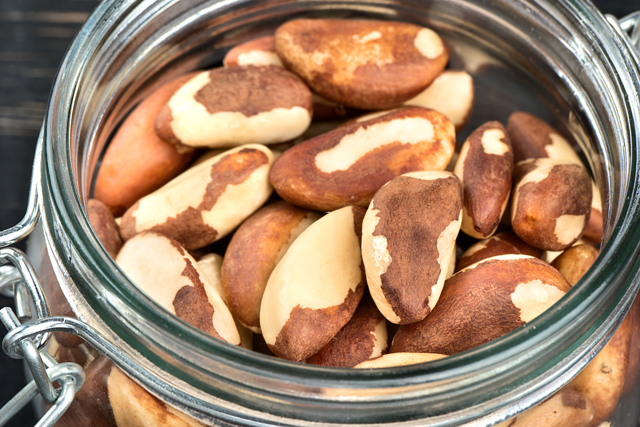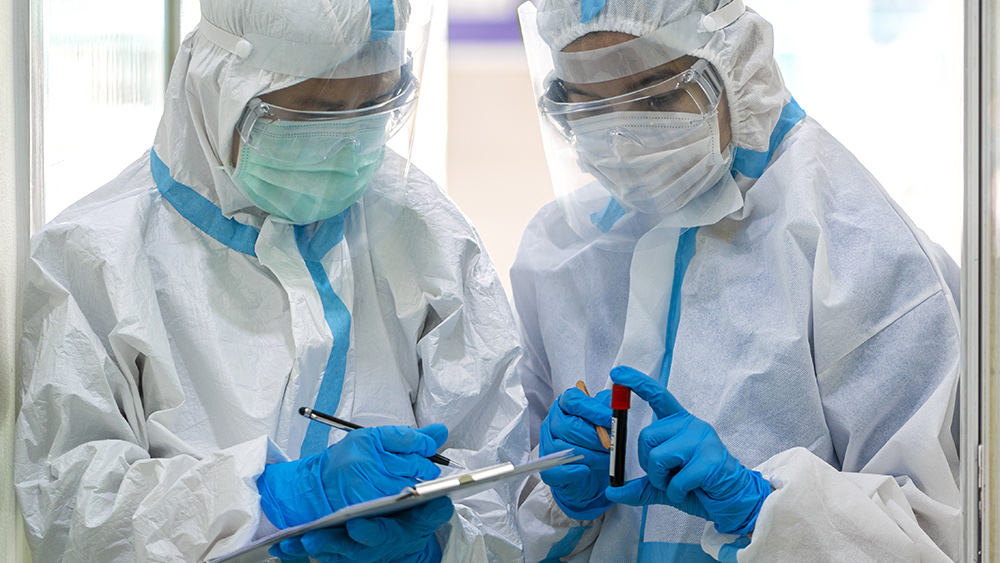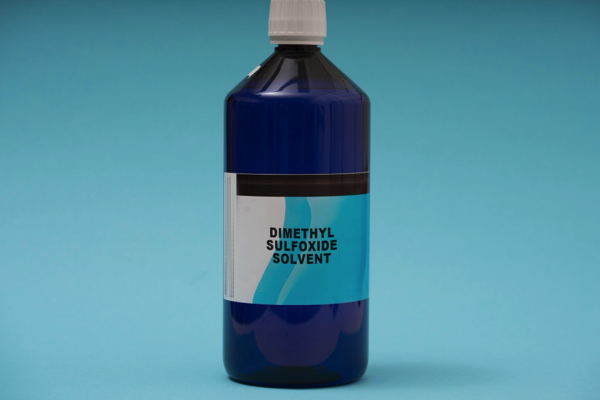Brazil nuts: Nature’s selenium powerhouse offers a natural health boost
06/13/2025 / By Willow Tohi

- Brazil nuts provide 989% of daily selenium needs in one ounce.
- Selenium supports thyroid health, immune function and cancer prevention.
- Nut butter offers convenience but risks overconsumption compared to whole nuts.
- Proanthocyanidins in hazelnuts complement Brazil nuts for heart health (not detailed in source).
- Excess selenium intake risks selenosis: up to three Brazil nuts daily recommended.
When Ericka Cho of Colorado started incorporating Brazil nuts into her daily diet, she noticed reduced fatigue and improved concentration—a shift linked to the nuts’ high selenium content, a nutrient studies show supports thyroid function and cognitive clarity. By June 2025, nutrition experts like registered dietitian Chantelle van der Merwe are championing Brazil nuts as a natural alternative to supplements, citing their potent mineral profile. Recent research underscores that eating just one Brazil nut daily meets the 55 microgram selenium requirement set by the FDA, with three nuts potentially addressing thyroid needs. These oblong Amazonian nuts, once overlooked in North American diets despite their 19th-century introduction, are now emerging as a key nutrient deliverer amid rising interest in holistic health practices.
Selenium’s role in health and why Brazil nuts matter most
Selenium’s importance spans cellular repair, immune regulation and hormone synthesis. A 2025 study in the European Journal of Nutrition compared selenium supplements to Brazil nut butter, finding both equally effective in raising blood selenium levels. “The question isn’t ‘can Brazil nuts match supplements?’—it’s ‘why not choose nature’s package?’” van der Merwe states. Each nut offers roughly 96 micrograms of selenium, sourced from selenium-rich Amazonian soil. Benefits include cancer risk reduction (via DNA repair and inflammation control) and boosted fertility in men through enhanced sperm health. Even in selenium-sufficient populations, van der Merwe notes, the mineral’s selenoprotein activity in the thyroid—critical for hormone regulation—makes controlled intake valuable.
The Brazil nut vs. nut butter debate: How consumption methods impact benefits
While Brazil nut butter simplifies selenium intake, it poses risks of overconsumption. “Nut butters bypass the slower digestion of whole nuts, which traps calories and feeds gut bacteria,” advises dietitian Amy Kimberlain. Her research shows that whole raw nuts may yield 20% fewer bioavailable calories than butter, aiding weight management. Van der Merwe adds that butter’s accelerated absorption could unintentionally spike selenium intake; three nuts daily supply adequate selenium, but commercial butters often concentrate the mineral. Kimberlain suggests recipe alternatives like Brazil nut-spiked oatmeal or energy bites to balance convenience and moderation.
Beyond selenium: Brazil nuts’ heart, brain and skin benefits
The nuts’ polyunsaturated fats—specifically Omega-3s—support cardiovascular health by reducing LDL cholesterol and stabilizing blood pressure. Studies highlight their role in lowering heart disease risk through reduced plaque buildup and triglyceride levels. For cognitive health, selenium collaborates with vitamin E and antioxidants like ellagic acid to combat neurodegenerative diseases, potentially limiting conditions like Alzheimer’s. Dermatologists also note the duo’s skin benefits: Selenium strengthens cuticles while healthy fats hydrate skin, combating premature aging. “Their nutrient blend makes Brazil nuts a ‘one-serve preventative,’ but without overdoing,” van der Merwe concludes.
A cautionary note: Moderation prevents selenosis
Despite their benefits, Brazil nuts’ selenium potency carries risks. “Selenium toxicity, or selenosis, causes hair loss, nerve damage and stomach distress,” Kimberly warns. Symptoms emerge at 400 mcg daily—just five Brazil nuts. Doctors advise limiting daily intake to three (or an ounce every three days) and avoiding combining with selenium-rich diets (e.g., Brazil nuts with seafood supplements).
Brazil nuts’ renaissance in health circles
Brazil nuts’ surge in recognition reflects broader trends toward natural nutrition. From Amazonian foragers to contemporary dieters, their 21st-century revival offers a sustainable, delicious alternative to pills. As Colette Chappel of the American Heart Association states, “Nature’s pharmacy gives us foods like Brazil nuts—why not let them lead?” By embracing these nuts thoughtfully, consumers might just find a tiny nut with big impacts on their wellness journey.
Sources for this article include:
Submit a correction >>
Tagged Under:
alternative medicine, Brazil nuts, cognitive health, food cures, food is medicine, food science, grocery cures, health science, natural cures, natural health, natural medicine, nutrients, organics, phytonutrients, selenium, selenosis
This article may contain statements that reflect the opinion of the author





















